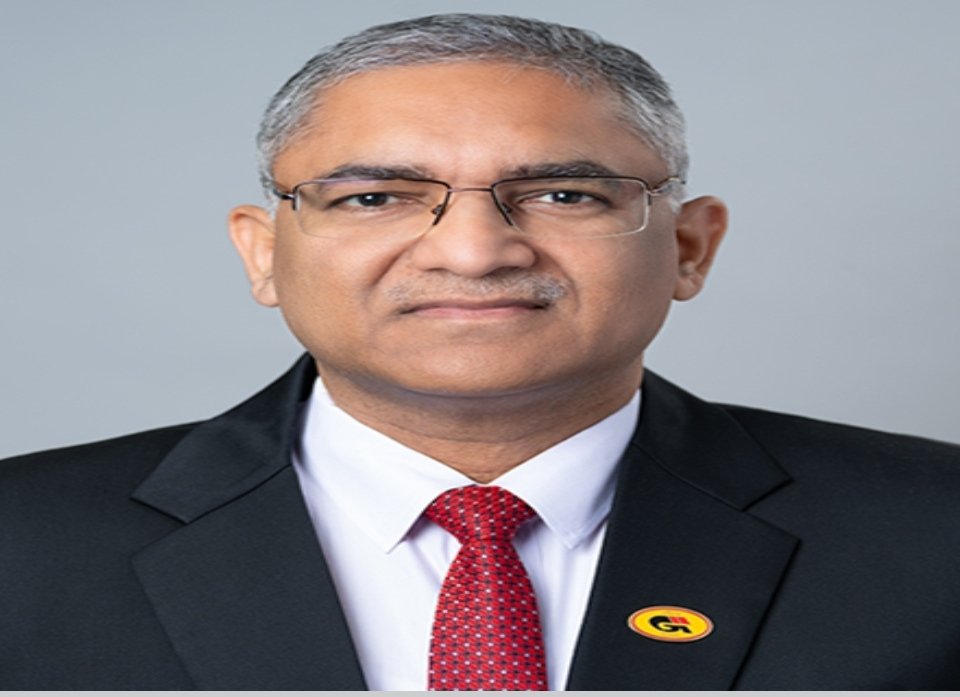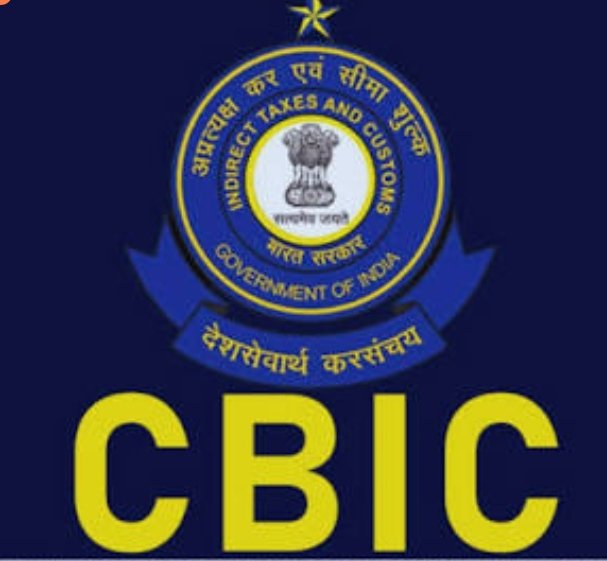NEW TEST AT SIR GANGA RAM HOSPITAL HELPS REDUCE DENGUE TREATMENT COST
NEW TEST AT SGRH HELPS REDUCES DENGUE TREATMENT COST
HELS AVOID PLATELET TRANSFUSION
REDUCES COST BY Rs 15-25,000
LATEST TECHNIQUE OF IPF (IMMATURE PLATELET FRACTION) TESTING IN DENGUE PATIENTS WITH LOW PLATELET COUNT EVALUATED BY HEMATOLOGY DEPARTMENT AT SGRH SHOWS POSITIVE RESULTS :
- COST OF TREATMENT FOR SERIOUSLY ILL DENGUE PATIENT WITH LOW PLATELET COUNT WILL REDUCE SIGNIFICANTLY
- PLATELET TRANSFUSION RELATED HAZARDS CAN BE AVOIDED
- INCREASING IPF PERCENTAGE WILL HELP PREDICT THE TIME PERIOD IN WHICH PLATELETS WILL INCREASE ON ITS OWN WITOUT PLATELET TRANSFUSION
- LOW IPF PERCENTAGE WILL PREDICT FURTHER FALL OF PLATELET COUNT AND THE NEED FOR IMMEDIATE PLATELET TRANSFUSION
- SGRH FOUND IPF AS A IMPORTANT PARAMETER TO PREDICT PLATELET RECOVERY SO THAT PLATELET TRANSFUSION CAN BE AVOIDED
Dengue is a mosquito borne viral infection with potential fatal complications . In this season of Dengue , we at Sir Ganga Ram Hospital have seen more than 500 confirmed cases of Dengue in OPD and admitted more than 300 cases in the hospital .
The main haematological abnormalities in dengue are thrombocytopenia and leucopenia. Thrombocytopenia is often symptomatic demanding platelet transfusion. As there is inherent risk associated with platelet transfusion , it is imperative to define precise criteria and transfusion trigger for platelets in Dengue patients .Immature platelets are recently released young platelets from bone marrow of dengue patients . The Immature Platelet Fraction (IPF %) is raised in diseases where there is increased platelet destruction and consumption , as it happens in case of dengue patients. It is decreased in bone marrow failure . The IPF % can predict the timing of platelet recovery .
According to Dr Jyoti Kotwal , Chairperson , Department of Haematology and Clinical Pathology , Sir Ganga Ram Hospital , “We have used this diagnostic modality in the paediatric patients of Dengue this season . We found that range of normal IPF at SGRH using 100 normal individuals is 0 to 7.25 % . Thus if IPF % is more than 7.25 % , it means younger re-generating platelets are present and once it crosses 10 % , it is likely that platelets will increase over next few hours . “
According to Dr Dhiren Gupta , Senior Consultant , Paediatric Intensive Care , Sir Ganga Ram Hospital , “As per the present WHO guidelines platelet transfusion is not indicated in a stable dengue patients even if platelet count is less than 10000 . With the availability of new parameter like IPF , very likely that we can predict rise in platelets in a given dengue patients . This parameter has helped us in avoiding un-necessary platelet transfusion in few paediatric dengue patients . This is an upcoming marker which can be further developed .”
In one of the studies done on IPF , it was observed that 93.75 % of patients show platelet recovery within 24-48 hours if the IPF was greater than 10 % ( Int J Lab Hematol. 2014 Oct;36(5);499-504 Evaluation of the immature platelet fraction as an indicator of platelet recovery in dengue patients)
Two Case Studies:
- 12 year old female – 6 th day of illness with dropping platelets to 11000 . Child was hemodynamically stable with increasing IPF from 6-12 % . Over next 8 hours , platelet started rising rapidly . In next 12 hours it rose to 22000 . The platelets were kept ready but not transfused . Child was saved and discharged .
- 6 year old – 6th day of illness with platelet dropping to 15000 and evidence of bleeding and hypotension . IPF was 4.5 % . Platelet Concentration was immediately transfused . Next 12 hours child became stable and IPF rose to 11 % . Child was saved and discharged .
These are two case studies highlighting the importance of IPF . There are other patients on whom this technique has been tried this dengue season with positive results
Dr Jyoti Kotwal added , “Dengue season calls for platelet transfusion , sometimes inappropriate also . Careful clinical watchand monitoring platelet count may help to group the patients under risk category. Immature Platelet Fraction is a parameter that can be monitored to predict platelet recovery , so that platelet transfusion can be avoided , cost be saved and also the hazards associated with transfusion can also be avoided .It holds a great promise of becoming a reliable future guide for decisions concerning platelet transfusions”




